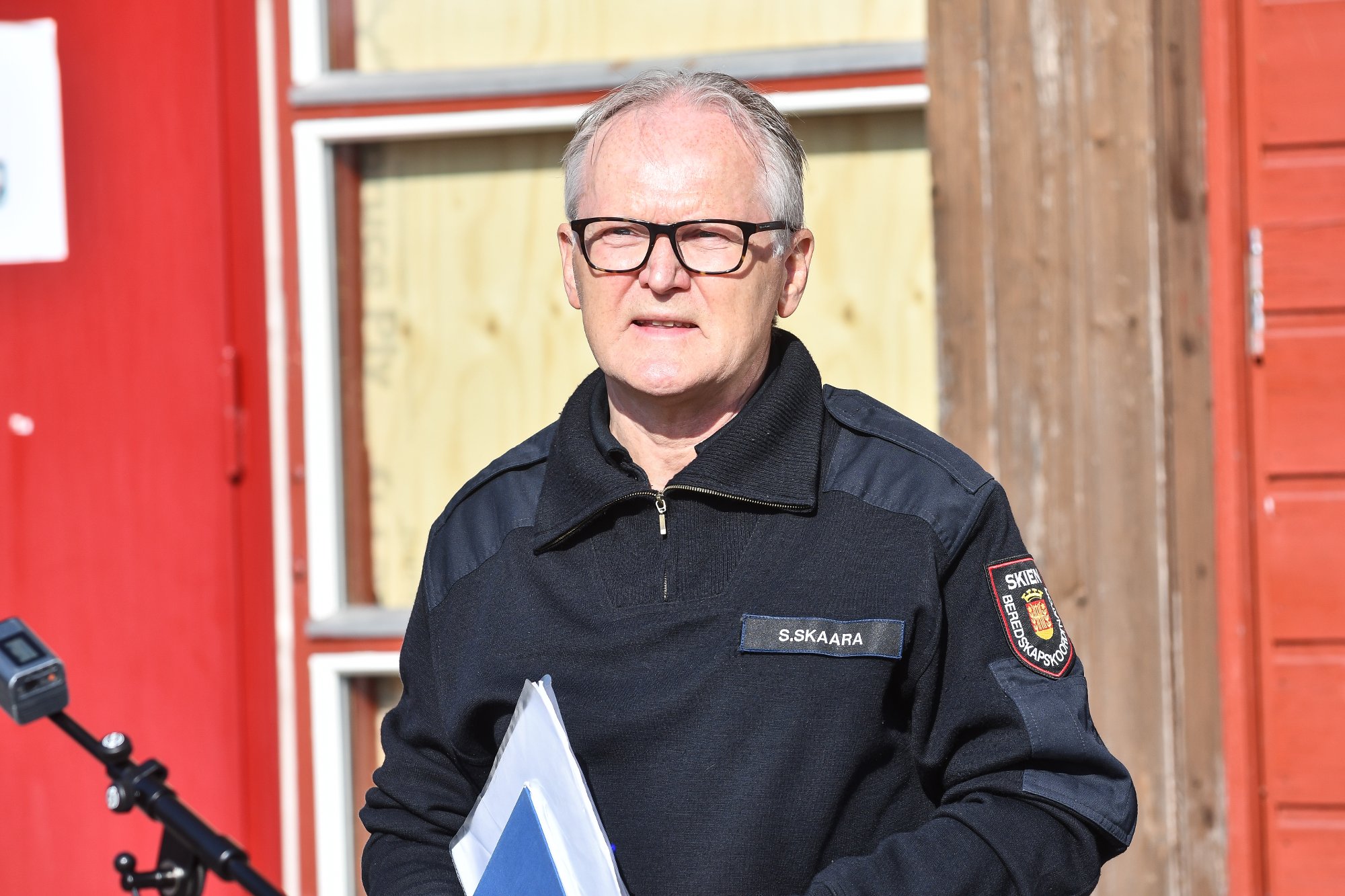Reader’s letter This is a discussion entry, written by an outside contributor. The publication expresses the author’s opinions.
The Norwegian government will cut off its cooperation with the European Space Agency (ESA). All our space technologies are built in Norway through membership in the European Space Agency. The cut affects both research and companies.
With this cut, the government is in practice moving away from the Hurdal platform’s ambition to “facilitate a full Norwegian industrial value chain for space infrastructure and small satellite services”.
Norway has neither the financial resources nor the technological strength to provide the space services that society needs on its own. Participation in ESA gives Norway the opportunity to influence areas of investment and program development so that they are most useful for Norwegian purposes, for example monitoring the strategically important northern regions.
Annually, 5 billion points are monitored in Norway for landslides, landslides, floods and reservoir filling to name a few. Norway relies on ocean monitoring and meteorological data, and Earth observation satellites are absolutely essential to monitor and prevent climatic and environmental challenges.
The Norwegian aerospace industry is an innovative industry with strong growth. The industry employs more than 1,500 employees who, on average, make approximately six million NOK annually to each individual. There is a significant competency environment in both academia and business, which includes Universities, NORCE, FFI, SINTEF, Kongsberg Gruppen, KSAT, NAMMO, Eidsvoll Electronics, Telenor and Andøya Space, to name a few.
A strong space industry depends on long-term predictability. In the summer of 2020, the Norwegian Parliament adopted a new strategy for Norway’s use of outer space for the benefit of society. The report to the Norwegian Parliament describes well how important it is for Norway to participate in European cooperation, which provides important expertise in areas such as the environment, climate, ocean monitoring, navigation, communications, research and social security.
Participation in ESA ensures that Norwegian industry, public actors and research and development institutions can enter into contracts within the ESA programmes. The European Space Agency is working with a so-called geo-return. This means that countries receive contracts based on what they participate in in volunteer programs. So far, Norway has returned home an average of four kroner for every kroner we contributed.
Participation in volunteer programs is also an entry for Norway to participate in the European Union’s space program in the field of Earth observation and navigation. This is a very important program for a country like Norway with large sea areas and low population density. The data measures the health of the Earth and provides important information to reduce climate and environmental challenges.
If the government’s budget proposal goes ahead, Norway will be put on the sidelines. We are not allowed to participate in the development and production of the leading technology and services we need. We’ll be standing in the lobby when a new generation of Earth observation satellites are developed. These are just some of the many consequences of the proposed reduction to Norway.
In the government’s proposal for the state budget, there is investment in the development of three ocean observation satellites. It will be able to increase knowledge in Norway about building the satellites themselves, and it will be developed in cooperation with the European Space Agency. Norway has developed all of our space activities in cooperation with the European Space Agency.
National initiatives confirm the seriousness of the proposed reduction in ESA participation; The technology that will enter ocean observation satellites, and other national initiatives, comes from research and industry collaborations with the European Space Agency, the European Union and NASA. You bet with one hand while you cut the other hand.
Volunteer programs at ESA are important for developing Norwegian competence and competitiveness. By collaborating with leading European technology companies and research environments in the ESA programme, Norwegian players also get an opportunity for decades in the purely commercial market. Therefore, betting on the ESA is also a good export policy. Participation in ESA programs is a win for Norway. The value creation that follows through developing missions and competencies provides future societal benefit, research, technology development, and export.
Cutting off participation in the European Space Agency will affect Norway’s international reputation. In the economic situation that Norway and Europe are in now, it would seem strange if Norway withdrew from international cooperation. There should be room to invest in the room with this budget.

“Explorer. Unapologetic entrepreneur. Alcohol fanatic. Certified writer. Wannabe tv evangelist. Twitter fanatic. Student. Web scholar. Travel buff.”



